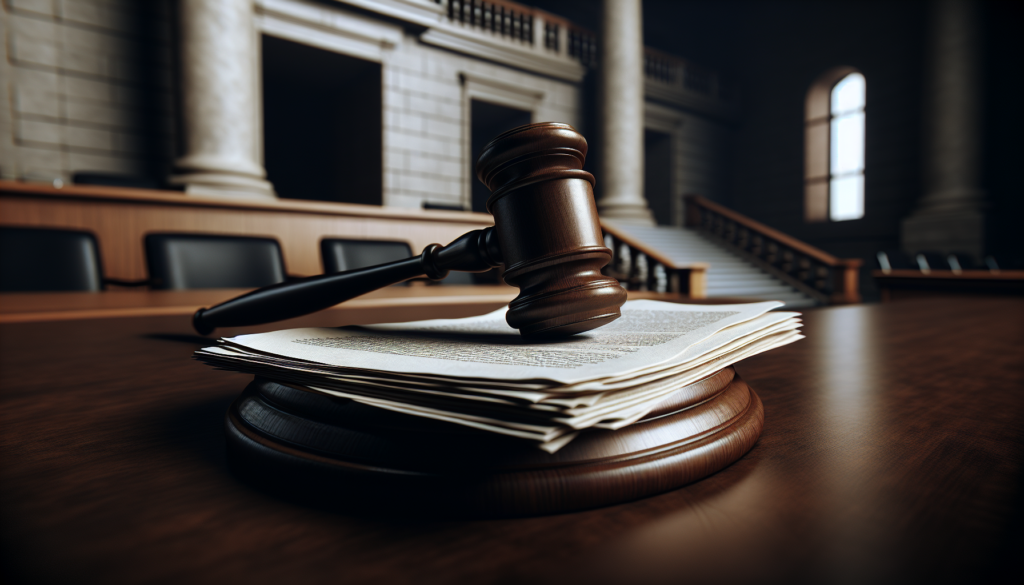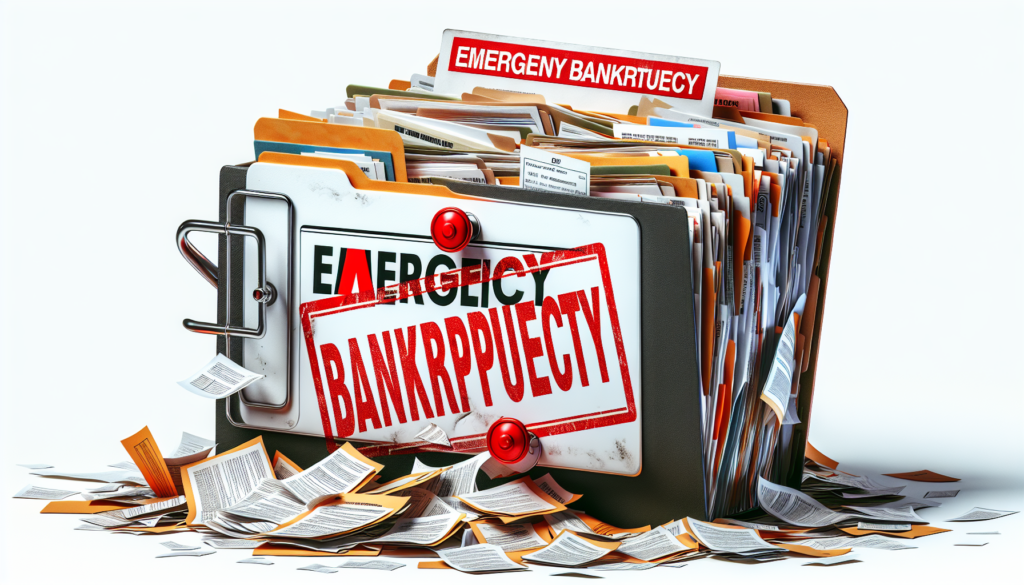
Filing for Chapter 13 bankruptcy can have a significant impact on a foreclosure case, offering a potential lifeline to homeowners trying to save their homes. Here’s how Chapter 13 bankruptcy can affect your foreclosure case:
-
Automatic Stay:
- When you file for Chapter 13 bankruptcy, an automatic stay immediately goes into effect. This legal injunction halts all collection activities, including foreclosure proceedings, regardless of the stage. Creditors cannot continue with foreclosure actions without getting permission from the bankruptcy court, which provides you with some breathing room.
-
Repayment Plan:
- Chapter 13 allows you to propose a repayment plan to catch up on past-due mortgage payments over a period of three to five years. Your regular mortgage payments must still be made on time after the bankruptcy filing, but the arrears are spread out, making it more manageable to become current on your mortgage.
-
Mortgage Modification:
- In some cases, Chapter 13 can facilitate a mortgage modification process. While not automatic or guaranteed, the bankruptcy process may provide a platform for negotiating a loan modification with your lender, potentially resulting in more favorable loan terms.
-
Lien Stripping:
- If you have multiple mortgages and your home’s value is less than the amount owed on the first mortgage, Chapter 13 might allow you to “strip” junior liens (like second or third mortgages). This process can convert these junior mortgage debts from secured to unsecured, potentially allowing them to be discharged at the end of your bankruptcy, depending on your plan’s details.
-
Cramdowns:
- Although cramdowns are not applicable to primary residences, if you have other properties in foreclosure, Chapter 13 might allow you to reduce the principal balance of the loan to the property’s current market value, with the remaining balance treated as unsecured debt.
-
Long-Term Impact:
- Successfully completing a Chapter 13 repayment plan can bring your mortgage current and allow you to avoid foreclosure permanently. However, it’s crucial to adhere to the terms of your repayment plan. Failure to make plan payments can result in the dismissal of your bankruptcy case, potentially allowing the lender to resume foreclosure proceedings.
-
Communication with Lender:
- Filing for Chapter 13 bankruptcy doesn’t mean you shouldn’t communicate with your lender. It’s often beneficial to keep the lines of communication open, as lenders may be more willing to work with you on solutions when they see you’re taking proactive steps to address your debt.
Filing for Chapter 13 bankruptcy can be a strategic move to halt foreclosure and allow you to catch up on overdue mortgage payments under a court-approved plan. It’s a complex process with significant legal and financial implications, so it’s advisable to consult with a bankruptcy attorney who can provide guidance tailored to your specific situation and help you navigate the bankruptcy process to best address your foreclosure concerns.


Get a Free Bankruptcy Case Evaluation